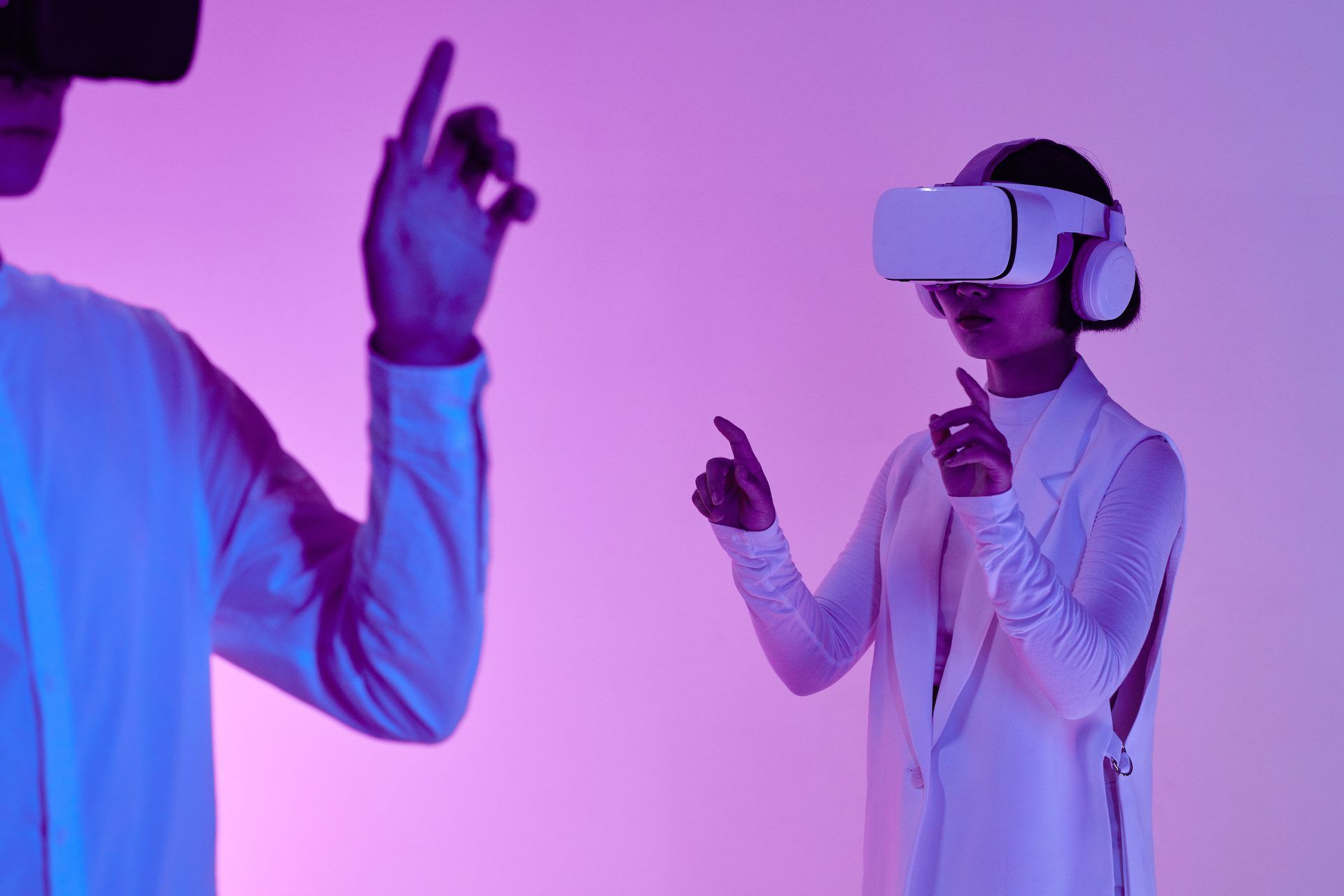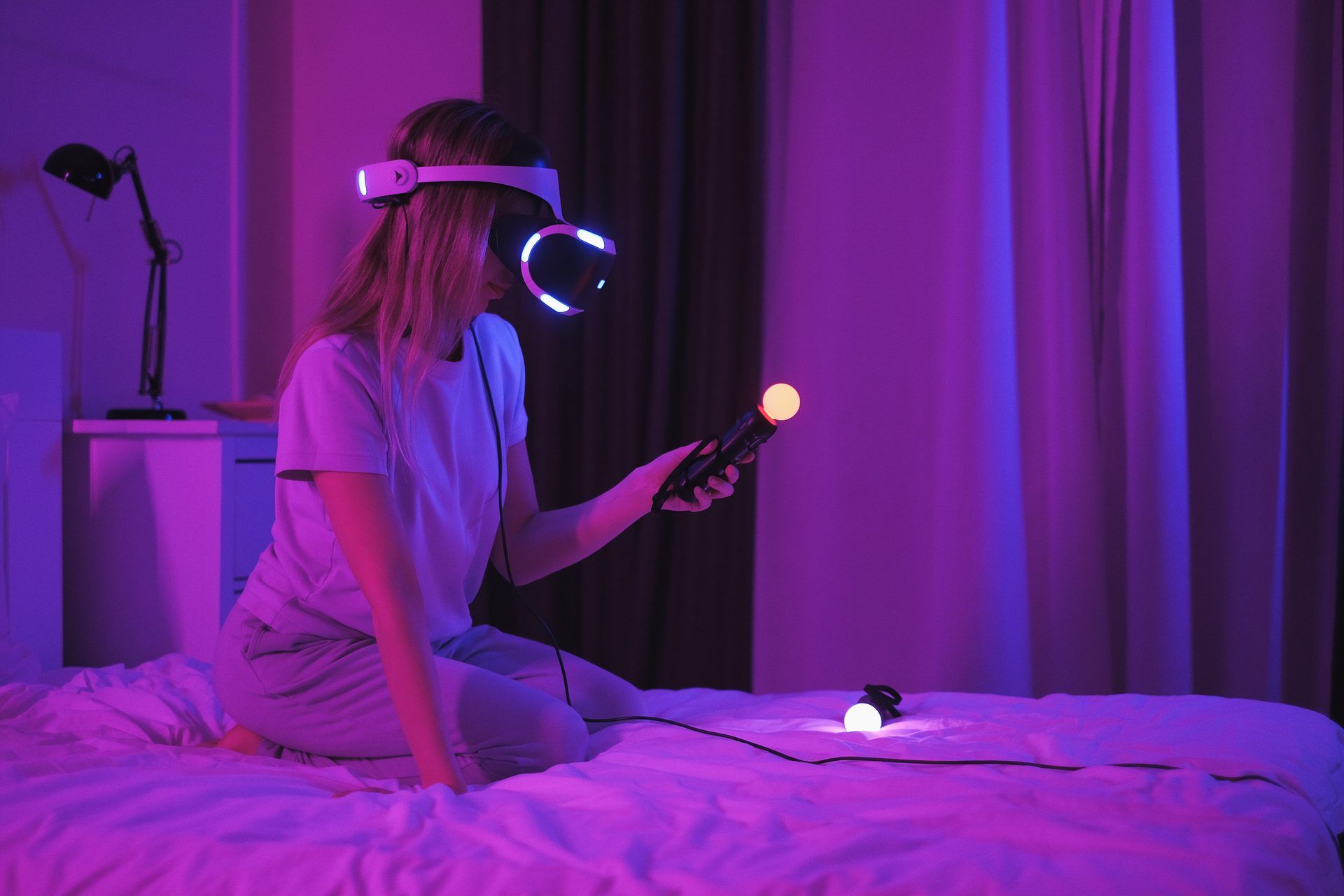You probably ask, “how is artificial intelligence changing the recruiting process?” Since there are a lot of use cases for artificial intelligence in everyday life, there are almost no areas in our lives that this technology has not entered. Even from the precursors of artificial intelligence, artificial intelligence affects business.
Are you scared of AI jargon? We have already created a detailed AI glossary for the most commonly used artificial intelligence terms and explained the basics of artificial intelligence as well as the risks and benefits of artificial intelligence for organizations and others. So, let’s take a closer look at how is artificial intelligence changing the recruiting process.
How is artificial intelligence changing the recruiting process?
Artificial intelligence (AI) in recruiting refers to applying AI to the recruitment process. Recruiters can create or automate workflows using AI or machine intelligence for repetitive, high-volume operations. AI can streamline, speed up, neutralize, and reduce the cost of the employment process. Let’s explore “how artificial intelligence is transforming the employment process” and the advantages businesses can get from using AI in the hiring process.
Artificial intelligence (AI) and machine learning are two digital breakthroughs altering workplaces and commercial procedures. AI may be used for various business purposes, from improving consumer insights to HR applications like recruiting and recruitment.
AI-assisted recruiting has changed how people interact with technology, but it has also altered how HR recruits, engages and develops talent. According to SHRM, 88 percent of businesses worldwide already using AI in some capacity for HR.
Check out the effect of blockchain on HR
Through AI, automation enables recruiters to adopt a candidate-first strategy and lessen recruiting bias. They can make better hiring choices by looking at huge data collections from the talent market and communicating with candidates consistently. Employers can better represent candidates as a result.
Approximately 250 resumes may be sent in response to a corporate job posting. Still, only four to six may be invited for an interview, and this number is typically significantly fewer for senior-level roles. By using an algorithm to discover certain keywords in a candidate’s resume, recruitment AI can enable intelligent candidate screening, saving recruiters time by locating qualified candidates more rapidly.

Some AI tools may be able to do more than just review resumes; they may also examine candidate data sources and their web presence to provide a more comprehensive picture of the prospect’s background and skills.
What is artificial intelligence for recruiting?
An emerging area of HR technology is artificial intelligence (AI), which is intended to automate or streamline various aspects of the recruiting process, particularly time-consuming, repetitive jobs.
Recruiters can utilize AI for recruiting technology to utilize their applicant tracking systems (ATS), allowing them to employ more quickly, make more accurate shortlists, and screen resumes more fairly.
Benefits of AI in recruitment
Over the coming ten years, AI will significantly impact how we find, hire, and keep talent. This is due to the advantages currently available and the potential outcomes. These are some benefits of AI in recruitment:
- Improving recruitment quality and objectivity
- Finding right candidates
- Tİme
- Improving candidate experience and employer brand
Let’s take a deep dive into them.
AI improves the recruitment quality and objectivity
The recruiter is biased by nature as a person. Recruiter B might not even invite an applicant to a job interview, yet recruiter A might choose to hire them. Most hiring decisions are based on emotions, and the requirements are frequently arbitrary.

AI can give the hiring process a neutral perspective. AI, for instance, may identify the candidates that would fit the team and the talents the team lacks, as well as how well-suited a candidate is for a certain position.
Finding right candidates
Any firm should strive to attract the best-qualified candidates. While many ways to find people and new strategies are frequently developed, job advertisements still have their role.
But what if the job description doesn’t make the correct first impression? You might get many applications, but not all of them will be good. More effort and less qualified candidates are the results.
AI can assist you by providing writing advice for your job post or perhaps creating it entirely for you. Additionally, you may utilize chatbots and matching technology to guide prospects toward appropriate job postings and to conduct pre-screening on your behalf.
An AI chatbot can make it possible to present candidates who meet specific requirements with concealed positions. In other words, it gives a corporation the authority to hire people for open roles and initiatives that are kept secret.
Saving recruiters’ time
The most time-consuming aspect of recruiting is still manually reviewing resumes, particularly when 75% to 88% of the resumes submitted for a position are unqualified. An average hire requires a recruiter to spend 23 hours screening resumes and shortlisting applicants for interviews.

For recruiters, AI for recruiting offers an opportunity to spend less time on tedious, repetitive chores like automating resumes screening, automatically starting evaluations, or setting up interviews with candidates.
Candidate experience and employer brand
The candidate experience is considerably improved by communication, which ultimately strengthens your employment brand. According to a Career Arc study, 69% of job searchers think that the area that can be improved the most is the response time given to applicants awaiting a hiring decision.
Even with thousands of applicants yearly, AI enables you to communicate with job hopefuls. AI chatbots can automatically answer candidates’ inquiries. Before speaking with a candidate, artificial intelligence (AI) matching and natural language processing (NLP) technologies can suggest their best roles.
Disadvantages of AI in recruitment
Like everything else in the world, AI in recruitment has the same disadvantages and challenges like:
- Data need
- Accuracy
- AI can learn human biases
- Human touch
Is artificial intelligence better than human intelligence? Before you decide, let’s look at the disadvantages of artificial intelligence in recruitment.
Data need
To successfully simulate human intelligence, AI needs a lot of data.
For instance, machine learning-based AI requires a large amount of data to learn how to evaluate resumes as precisely as a human recruiter. This could entail hundreds to thousands of resumes for a certain position.
Check out the best real-life examples of machine learning
Accuracy
Since many AI-based solutions are still in their infancy, mistakes can happen. For instance, even though an applicant is qualified for the position, they might not be chosen if they used a different phrase or word to define a talent than the system.
Additionally, as these systems gain popularity, more applicants are beginning to understand how they operate. They may attempt to game the system by using particular keywords and phrases to appear more qualified than they are.
AI can learn human biases
By ignoring details like a candidate’s age, gender, and race, AI for recruiting claims to lessen unconscious bias. But AI is taught to look for trends in past actions.
This means that any bias, conscious or not, that may already exist in your hiring procedure could be picked up by AI if it is created carelessly.
Ensure the AI software vendor you employ has taken steps to ensure that their AI is developed and continuously checked for any patterns of potential bias to prevent reproducing any biases that may already be present (e.g., only hiring graduates from a certain college).
Human touch
A human being must make some decisions, such as determining if a candidate will fit in with the company’s culture or whether their work ethic is as strong as their application might suggest.

You must interview the candidate, usually in person, to find out such information. This might not be a major problem for you because interviews are an important component of any hiring process. A candidate who is a fantastic fit for the company’s culture but needs a little further training runs the risk of being passed over in favor of a candidate who has more credentials but doesn’t share the company’s values.
Additionally, there is a chance that employing AI to contact candidates will occasionally come across as a little impersonal. While it’s excellent that AI is available to answer applications at any hour of the day or night, there is a barrier that may make both the applicant and the hiring manager feel a little removed from the process.
You might discover that it’s preferable to communicate with the candidates directly rather than leaving this duty to your AI-powered software, using the time saved by an automated screening process.
How is artificial intelligence changing the recruiting process step by step?
AI in recruiting is now possible at various phases of the hiring process, though we are confident that there will be many more applications in the future.
Do you know data architects, cloud computing jobs, data engineer jobs, machine learning engineers, and artificial intelligence careers are hot and on the rise?
Here is a list of how is artificial intelligence changing the recruiting process:
- Creating job ads
- Screening potential candidates
- Communicating an employer’s brand
- Virtual presence
- Onboarding and training
Explore the current applications for recruiting automation and potential future directions:
Creating job ads
A former Microsoft employee created Textio, enhanced writing software that generates captivating employment advertisements by choosing vocabulary based on the region it targets.
Since it can generate synonyms on the spot and use statistics to forecast which words and phrases would boost the number of applications submitted, this technology surely saves recruiters considerable time.
Screening potential candidates
Big organizations got hundreds or even thousands of resumes for open positions. Thus investing in AI to handle the screening process may seem ideal.
AI is screening potential candidates for the brands.
Communicating an employer’s brand
Businesses are spending a lot of money on their brand to make sure they present themselves to potential employees in an appealing way. And some businesses have been doing this with the use of virtual reality.
Given how commonplace smartphones are among job seekers, integrating AI in hiring procedures to interactively showcase a company’s benefits is the natural and enjoyable next step.
Employers are already working on apps enabling candidates to point their phones at an office to learn excitingly and engagingly about company culture, open positions, and current employees.
Virtual presence
Recruitment apps might enable an applicant to take a tour of the office in addition to providing information about the company and its employees.

Onboarding and training
New hires frequently receive an induction manual for studying and a training plan for the first few weeks when they begin working for an organization. These can be presented in more creative ways thanks to the use of AI in recruitment.
Developing interactive training programs will increase the value to the participant and, consequently, the firm. People absorb knowledge much better if they can live and breathe an experience and visualize concepts.
Apps can also promote greater collaboration, allowing staff members from different offices to participate in training sessions and upskill.
When was AI first used in recruitment?
Although artificial intelligence has a long history dating back to antiquity, in 2017, many blogs and articles began concentrating on AI’s function in recruitment. Discussions on potential uses of AI in recruitment developed into something of a tempest that inundated many HR conferences.

One of AI’s most straightforward yet lucrative applications can now publish more effective targeted advertising that the appropriate people will view at the right time by leveraging the history of their online activity.
The newest talent market trend is AI, which will likely continue for the foreseeable future.
AI in recruitment statistics
According to multiple studies the are some of the striking AI in recruitment statistics:
- According to 35% of talent experts and hiring managers, AI is the #1 trend influencing how employers hire.
- Senior HR experts are overwhelmingly in agreement that AI has the ability to improve talent attraction and retention by 96%.
- 13% of HR managers have already noticed signs that AI will be increasingly used in HR.
- Within the next five years, 55% of HR managers see evidence of AI becoming a regular component of HR.
- Recruiters said AI was most useful for sourcing, screening, and nurturing candidates.
- The average amount of time HR managers claim they waste each week on manual operations that could be automated is 14 hours.
- Complete automation of candidate sources and matching is possible.
- 20% of recruiting-related management tasks are automatable.
- According to 41% of HR managers, reduced productivity has resulted from not fully automating manual operations.
- According to 35% of HR managers, not fully automating manual operations has resulted in greater expenditures.
- A negative candidate experience, according to 17% of HR managers, has resulted from not fully automating manual operations.
- 65% of HR managers claim they are not alarmed by the idea of AI in HR.
- Employers anticipate using AI to perform “more human activities” by 33%.
- 7% of HR managers believe a robot could perform their duties.
- Early adopters of AI-powered recruiting software reported a 75% reduction in cost per screen and a 35% reduction in turnover.
Future of AI in recruitment
People believe AI will help recruiters save time, provide insightful feedback during the hiring process, and simplify their jobs. However, some think using artificial intelligence for hiring could destroy the human resources industry by failing to recognize special and uncommon abilities.

There is one thing certain for recruitment in the future; AI will highly affect it.
Check out the best masters in artificial intelligence online
Best AI recruitment software/tools
These are some of the best AI recruitment software/tools:
Conclusion
We explained how is artificial intelligence changing the recruiting process step by step. Even though AI is used in practically every industry, recruiters still worry about the technology. Some of them are unsure whether machines are effective enough for the task. Others are concerned about being replaced by artificial intelligence.
Unprecedented change has forced HR teams worldwide to adjust their people strategies. Still, one thing is for certain: technology is crucial to the success of our teams, businesses, and millions of job seekers.
We are only at the beginning of artificial intelligence’s potential, but it is already here to help the talent experience in significant ways. The time has come to accept AI and let it work in the background so we can concentrate on what matters: creating genuine connections.





